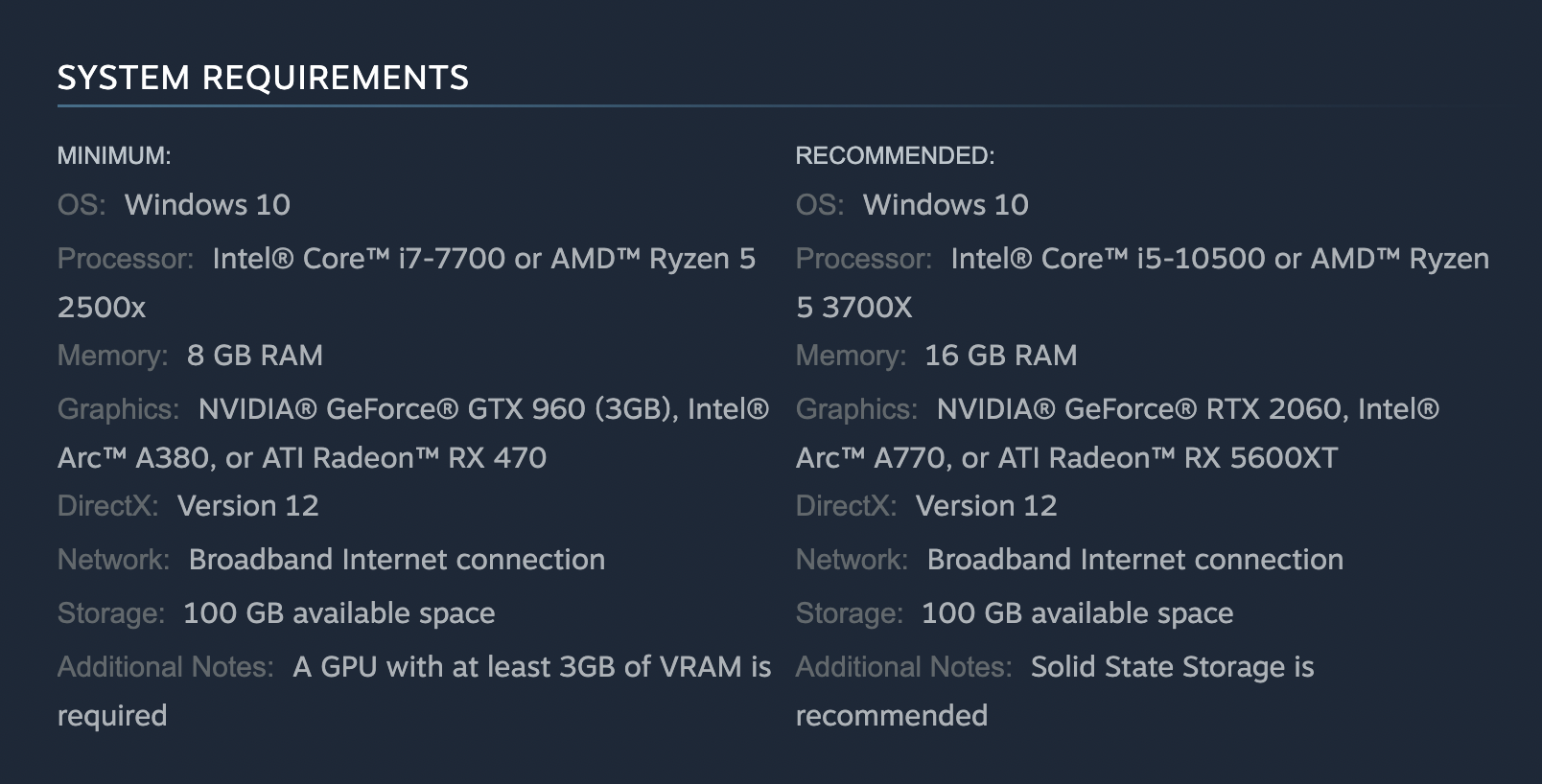
South Carolina is known among many things for its beaches, its vibrant cities such as the cobblestoned street-lined Charleston, its many golf courses, and, of course, sweet tea. But let's not forget the beautiful creatures who live here, too, including more than 65,100 horses. In 2010, South Carolina even designated The Marsh Tacky as the state horse.
Usually, when people think of equestrian living in South Carolina, they think of Aiken. Aiken is also home to the Aiken Thoroughbred Racing Hall of Fame and Museum, which honors flat racing and steeplechase Thoroughbred horses trained in Aiken. There is even a stoplight on Whiskey Road with a button that allows horse riders to cross the street safely, as horses have the right of way in Aiken.
However, the Lowcountry offers parcels of beautiful land perfect for raising horses and has its own brand of equestrian living, too. From relaxing trail rides along Seabrook's private beach to public lessons at Middleton Place to highly prestigious and anticipated events like the Steeplechase of Charleston, horses are as much a part of Charleston's culture and history as the people who live here. The vast Lowcountry lands and suitable year-round weather make it an ideal place to care for horses and for their owners to live, whether the horses engage in professional races or need land purely for recreational enjoyment.
These creatures need much space to roam, so finding the right equestrian property for both the horse and the owner is essential. It's a good thing the region has plenty to choose from. Room to Roam Location is still an important factor when seeking out equestrian property.
While having plenty of space for your animals is vital, homeowners must strike a good balance between having the acreage and being close to everyday necessities. Barry Kalinsky, a Realtor® with Carriage Properties, just sold an 80-acre equestrian property at 3002 Plow Ground Road in Johns Island. "My clients are serious riders, and part of the attraction to the property was that it's only 20 minutes from downtown, where they were driving an hour to their former barn," he explained.
"Because of the great location, they are able to spend more time riding." The property was priced at $2.75M for 81+ acres of land on Johns Island.
Kalinsky said the barn has nice-sized horse stalls, three large pastures, and a large ring that will be converted from dressage to hunter jumper. "This property was also special as it has a nice house for great family time and lots of trails to explore," he said. Chip Hall, a Realtor with Plantation Services Inc.
, said that most equestrian operations are located near Aiken and Camden, but he just listed a home on 165.9 acres with a hunting and equestrian component in Kirkland , 51 miles from historic Charleston. "Equestrian properties are typically in outlying areas like Awendaw, Hollywood, or off of Bohicket Road on Johns Island," said Kalinsky.
"The price is largely dependent on the state of facilities as well as the size of the property." In addition to reaching out to local realtors for a list of available South Carolina equestrian properties or for help finding such a property, a quick search on horseproperties.net lists many for sale, ranging in price from $52,000 for land that you can develop for equestrian use to $11 million for more than 100 acres of land with a 10,000+ square foot main home.
But rest assured that not all homes with equestrian capabilities will break the bank and cost over seven figures. For example, Jessica Oskorep, Realtor, Roni and Co., a Luxury Team of Keller Williams Realty, listed a smaller 2.
7-acre lot home at 594 Vandross Road in Moncks Corner for $445,000. The home comes with a barn with an attached run-in and fenced paddock. Inspections are Key If you are in the market to purchase an equestrian property, Chandra Ruch, a Real Estate Advisor with ENGEL & VÖLKERS in Charleston, said it is important to first conduct a thorough investigation of both the land, structures, and amenities to ensure it will meet the needs of both the horses and the riders.
She offers key points for buyers to remember regarding pasture and space requirements, drainage, access to water, structures and facilities, and location. "The horses will need stables, shade structures to get out of the heat, and feed and equipment storage areas," said Ruch. "Be sure the local zoning laws support both the horses and the structures needed.
If the property already has existing structures, have a qualified inspector who is familiar with equestrian facilities conduct a thorough investigation." She also suggests choosing a location near essential services such as veterinarians, feed suppliers, and equestrian communities. "Also, look to see if there are nearby riding trails or training facilities," said Ruch.
How many acres you will need will depend on how many horses you have. "The size and quality of pastures can impact the health of the horses," said Ruch. "One to two acres per horse is optimal if the horses will be turned out on a regular basis.
" Oskorep said that some breeds, especially those that are more active, may require more room to run—potentially two acres per horse." Oskorep explains that horses need room to exercise, which supports their physical and mental health. "Look for properties with large paddocks, arenas, or open fields where horses have room to move freely," she said.
Some horses graze only, so you may need more pastures to rotate them to give the grass time to grow, while some can only be in dirt arenas and are only fed hay and grain. The best thing you can do is take a walk (or drive) around the entire property to see what is available. "Make sure the barn facilities are in good condition, the stalls are large enough, and there is an ample tack room and feed room," said Kalinsky.
"Make sure there are pastures for the horses to walk and cleared trails for riding. Check to see if the property is away from noise and if there is room to wash the horses." Ruch explains that horses require a lot of water.
"If you're buying raw land and city water is not available, have the property tested for the feasibility of wells that produce an adequate supply of water," she said. On the other hand, water on the property can be a concern for the horses. "The land should be dry and well-drained to avoid standing water or mud," said Ruch.
"Prolonged exposure to wet or muddy conditions can lead to health issues, such as hoof problems and infections." Keeping the horses safe on the property is vital to their health and safety, so see what fencing is on the property. "Strong, horse-safe fencing is crucial to prevent escapes and injuries," said Oskorep.
"Fencing should be high enough to keep horses contained and made from materials that won't hurt them. They will rub on the fence, lean on it, and try to sometimes go through it." Before bidding on an equestrian property, Oskorep said to always check the local zoning laws to ensure that the property is permitted for equestrian use.
"As well as verifying any regulations about the number of horses allowed per acre," she said. According to an article in Riding Magazine , it's evident that buying an equestrian property involves significant financial investment, but you should also consider ongoing costs, such as property taxes, insurance, maintenance, and feed expenses. Buying the right equestrian property will come down to what's right outside for your horses and inside the main home for you.
.












